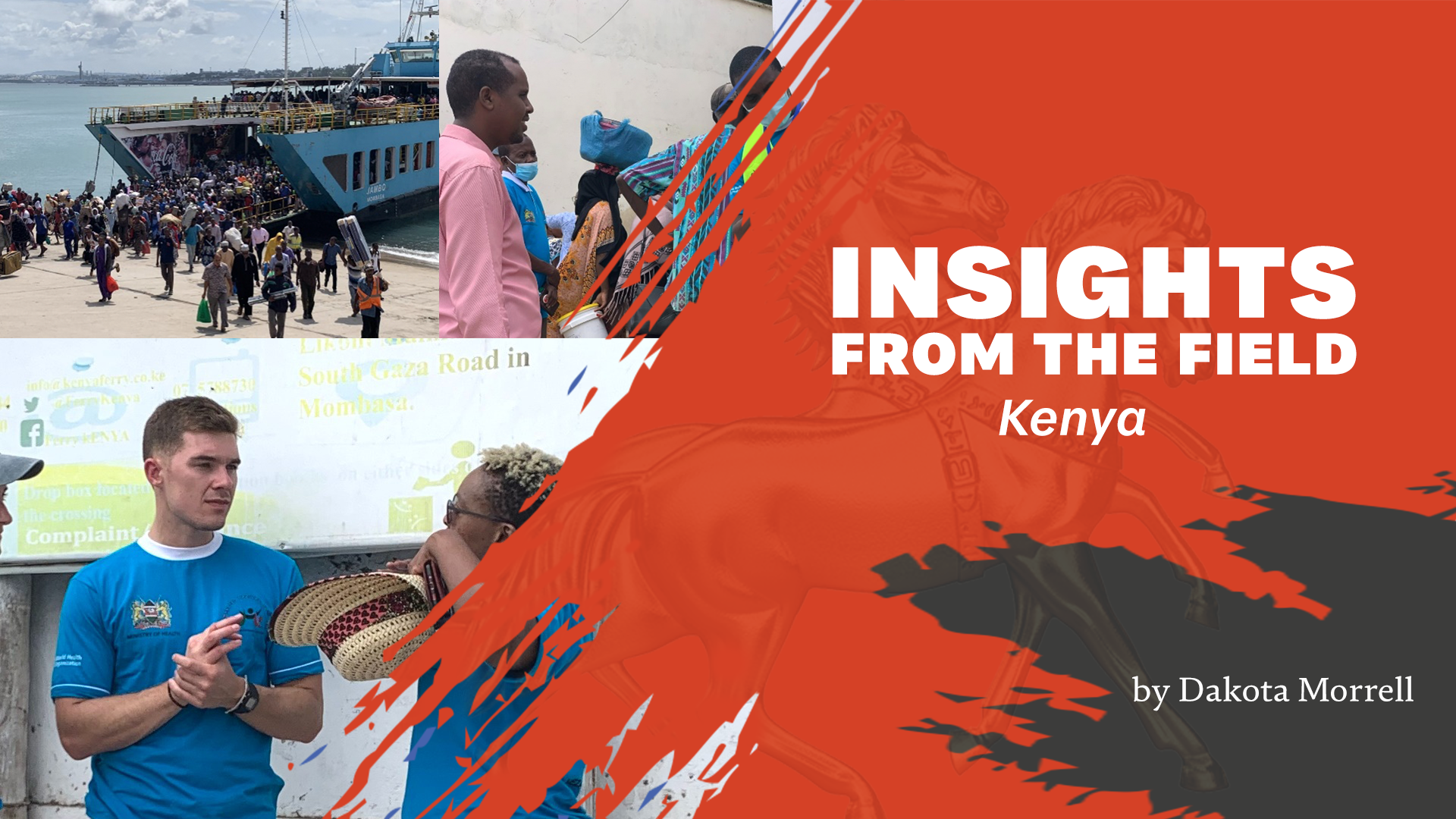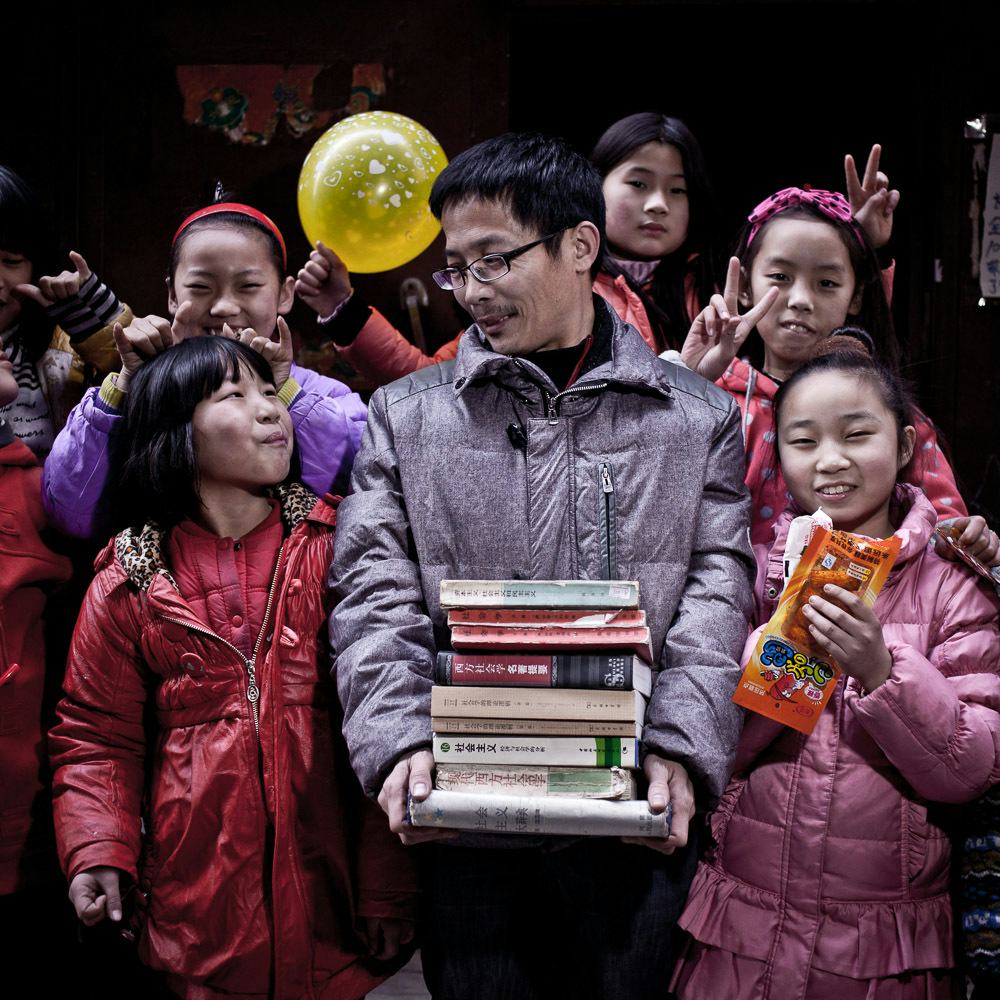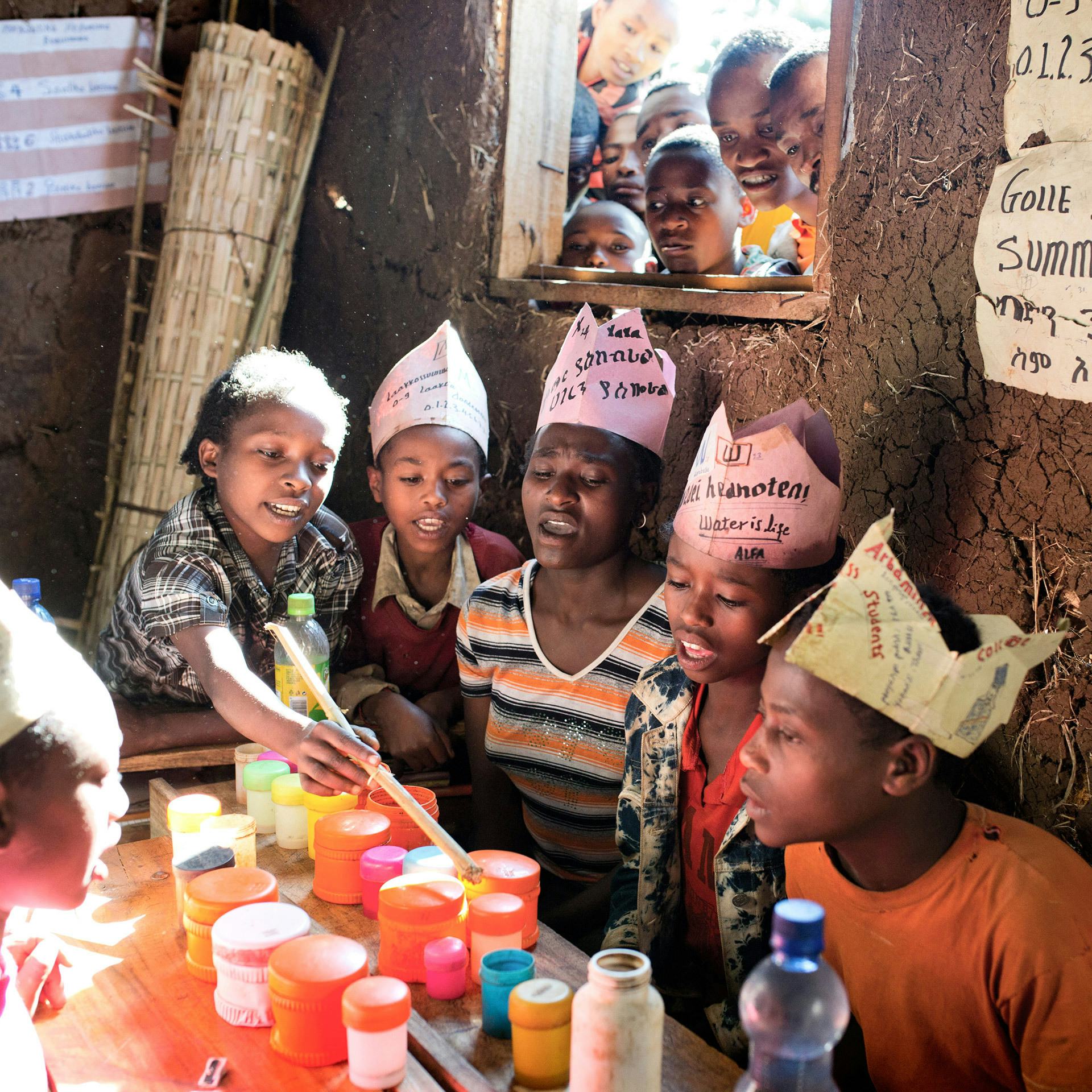We know that the best place for a child to grow up is in a family, and yet up to eight million children globally are living in institutions, mainly “orphanages”.

We know that the best place for a child to grow up is in a family, and yet up to eight million children globally are living in institutions, mainly “orphanages”.

Children living in institutionalised settings are at risk of negative health and developmental outcomes, as well as physical and emotional abuse, and yet this is the reality for millions of the most vulnerable children worldwide.
Studies show that at least 80% of these children have at least one living parent, and the reality is that the children should, and can, be brought up in safe, stable, happy, loving families (either their own immediate or extended family, or another family).
We are supporting local organisations working with local social services and County governments in three counties in Kenya to try to demonstrate how to implement this care reform at a county level.
After a period of research and strategy development, Legatum started granting to seven local organisations in Kenya in April 2022.
The Government of Kenya has adopted a National Care Reform Strategy and also passed the Children Act 2022, this creates an enabling environment to demonstrate how a country can move away from independent, private care of vulnerable children in institutions (“orphanages”) to caring for such children in families.
Although Kenya has this policy at a national level it needs to be implemented at a county level across Kenya’s 47 counties.
Legatum is funding seven local organisations across three counties in Kenya in a collaborative way to learn what works best in shifting to family-based care.
Our partners are working with communities, local county employees and officials, the judiciary, the children’s homes staff, managers, and funders, and with each other. They are trying to reduce the number of children in crisis being placed in institutions through various means, including helping key stakeholders to see orphanages as a last resort not a first resort, and by providing family-based alternatives such as emergency foster care.
At the same time, they are working with the children in the institutions, and the staff, to find family-based solutions for the children, whether that be through carefully planned and managed reintegration to their own family (either immediate or extended), or into another family.
The ultimate aim is to support many of the institutions to maintain the funding they receive from donors but to transition to supporting vulnerable children and families in the community through various necessary services.
Where such ‘care reform’ has happened in other countries, children with disabilities have often been excluded from the process, so we have a particular focus on ensuring children with disabilities are fully included from the beginning.
The first phase of this work showed considerable progress and identified a number of areas where we needed to learn more.
Phase two of the programme was renewed in January 2024 and will continue for the next two years.
* A special thank you to 1MillionHome for the use of its photography.




Dubai International Financial Centre
Dubai, United Arab Emirates






